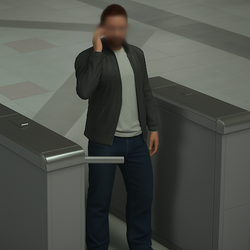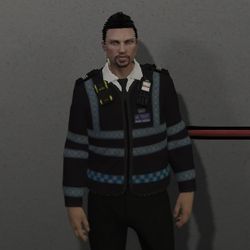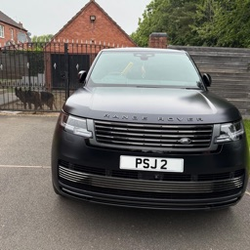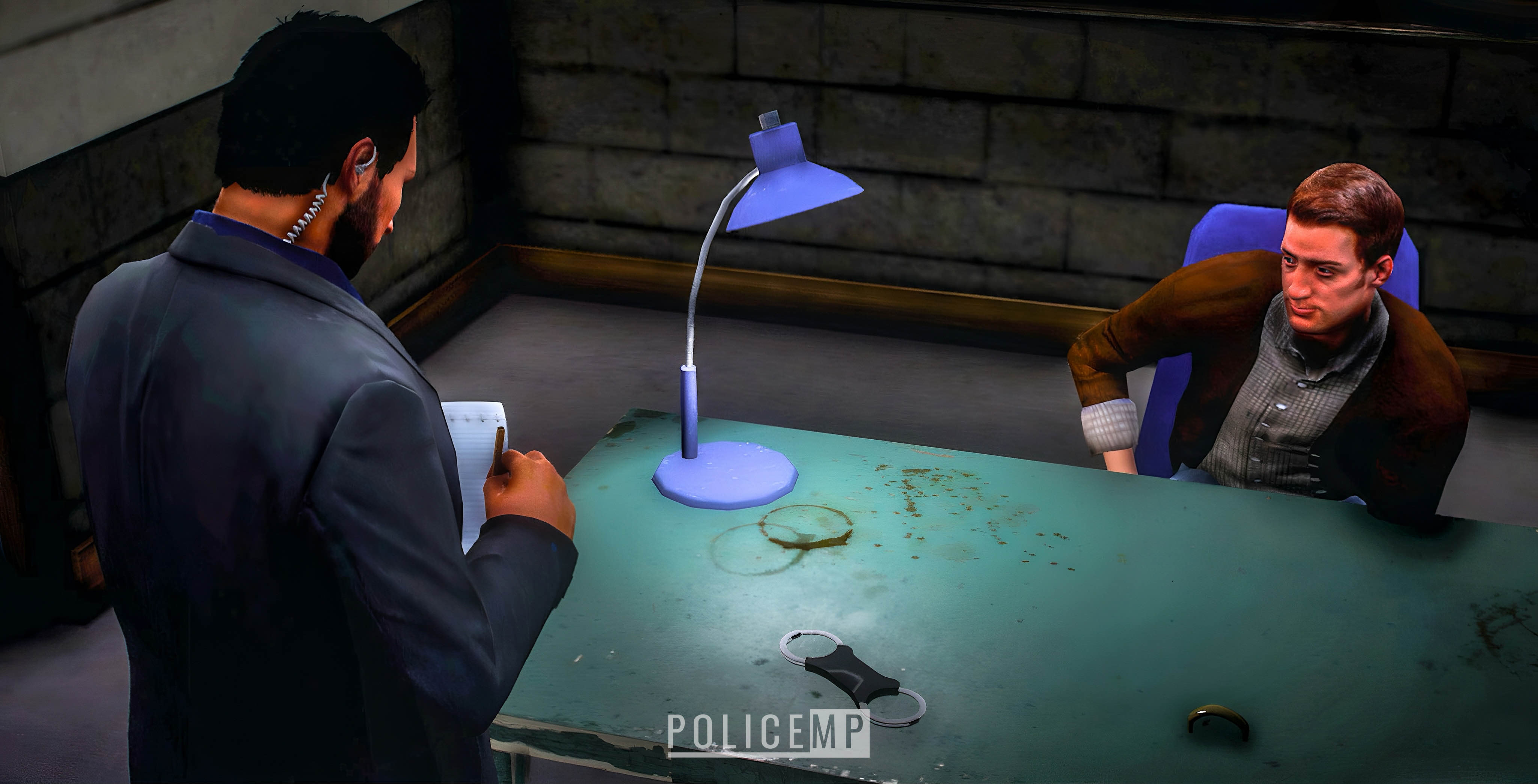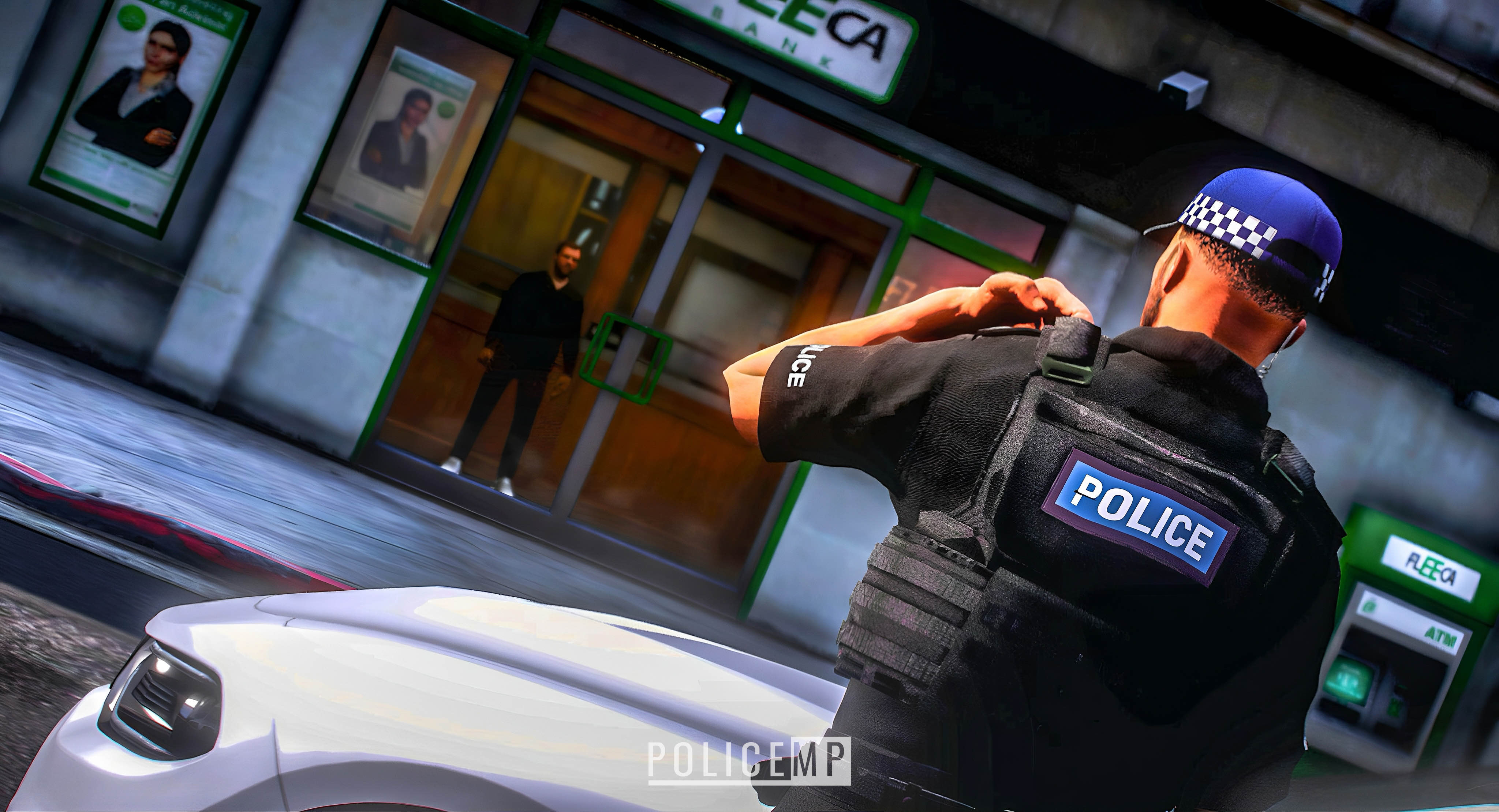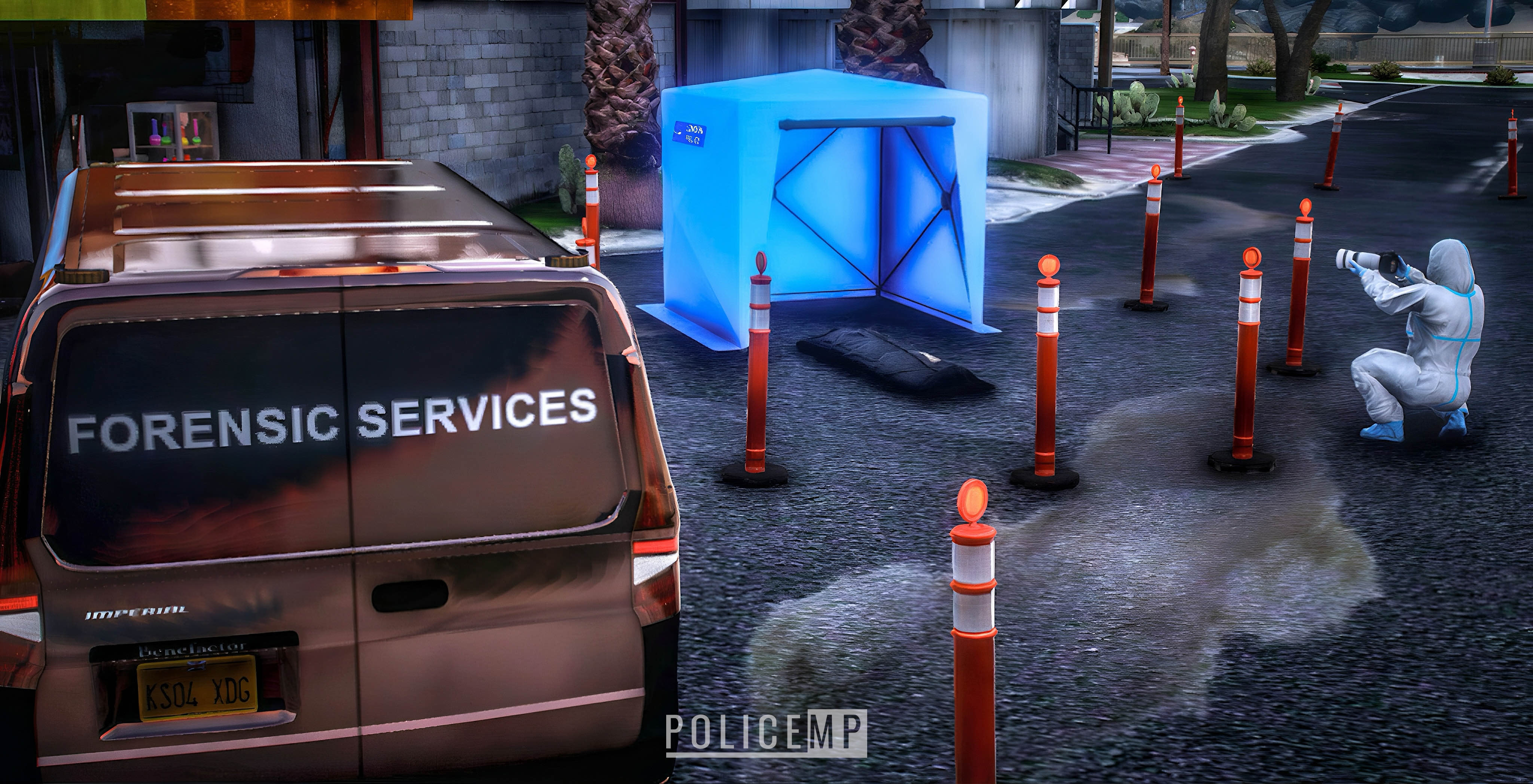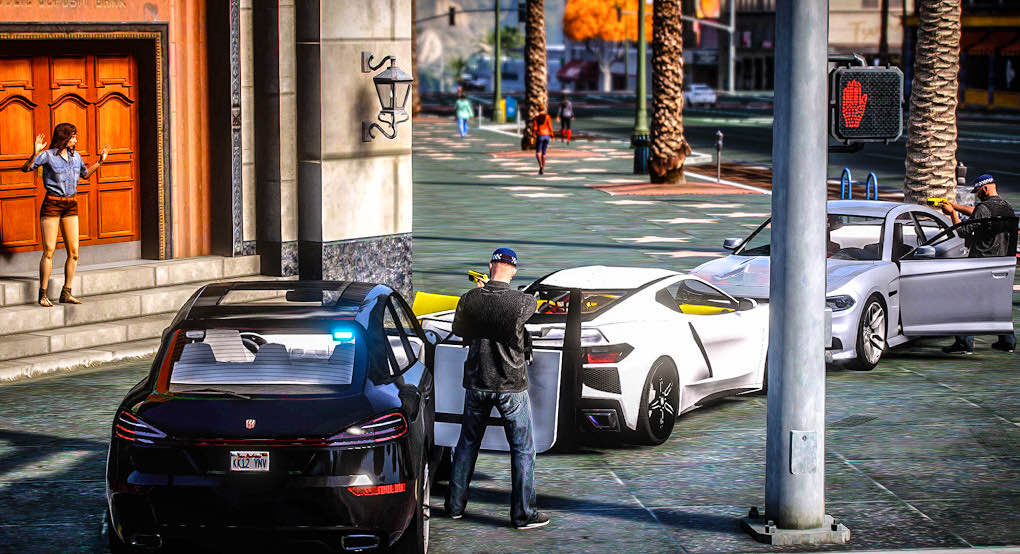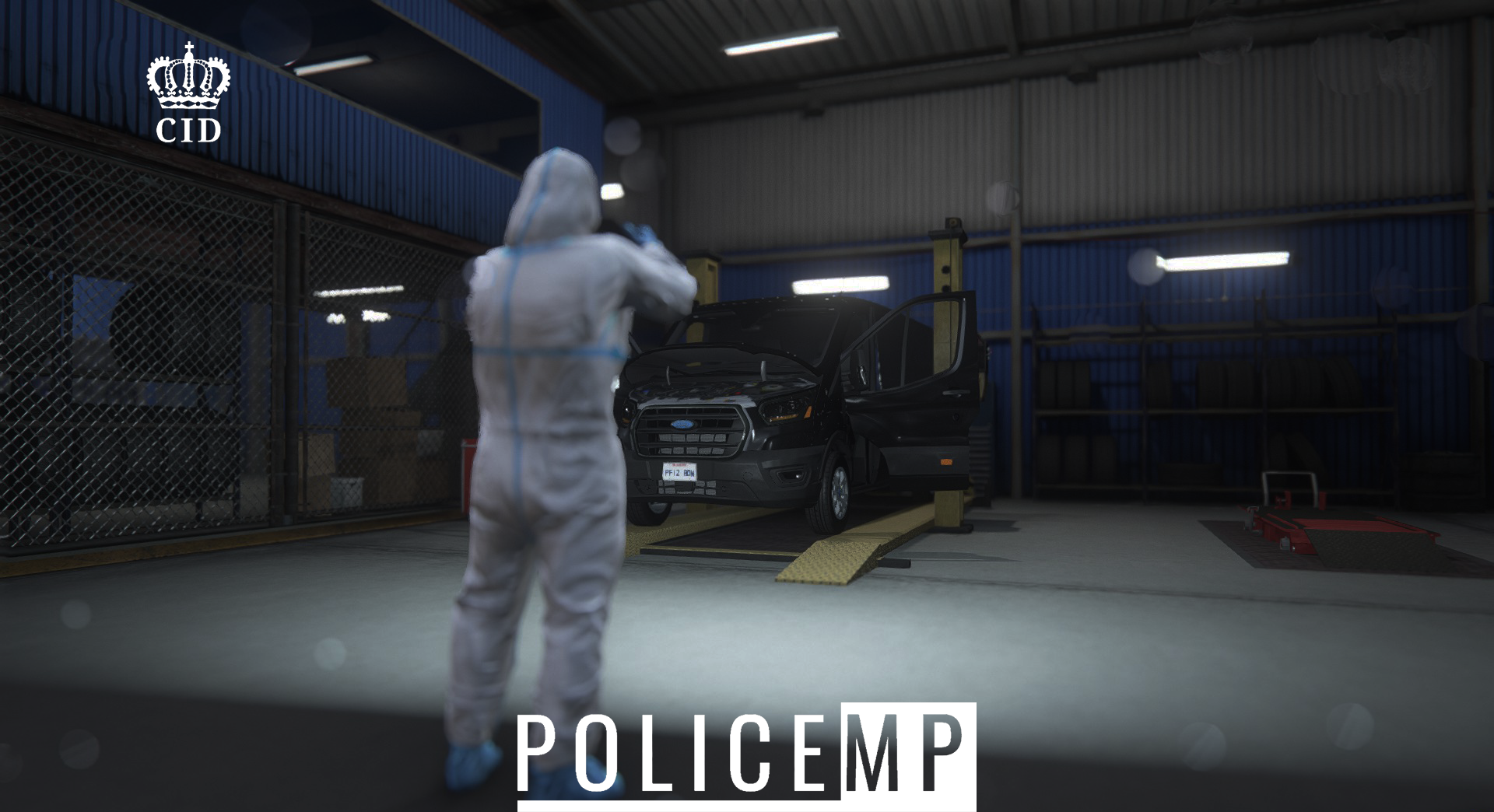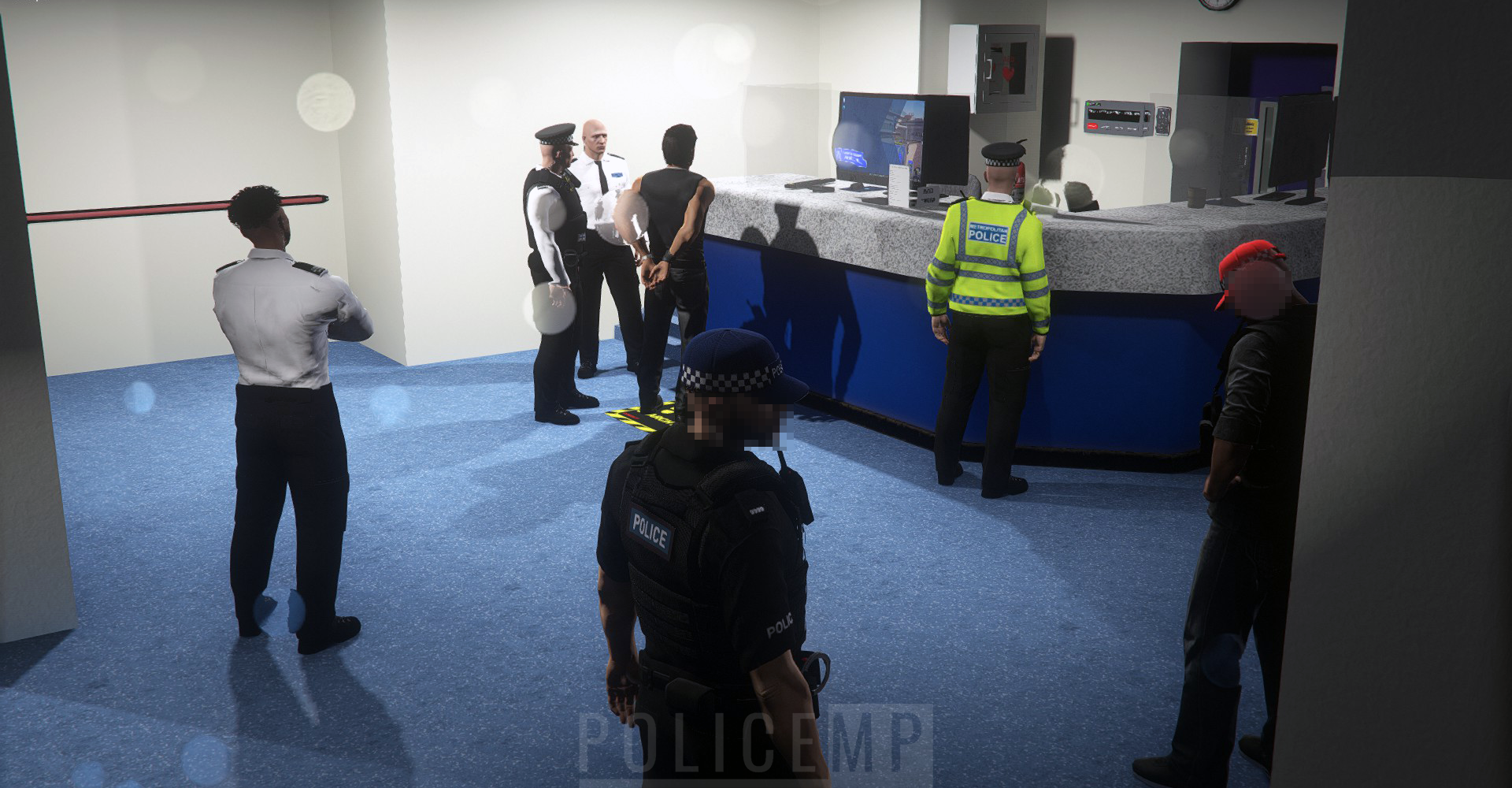Criminal Investigations Department
In CID we work with every divisions in PoliceMP. We are heavily requested on a daily basis to respond to a variety of calls and attend to a multitude of different incidents, including but not limited to:
- Investigate a cause of death
- Witness statements and interviews
- Murder Investigations
- Monitor Organised Crime Group Activity
- Robberies and burglaries
- Serious Assaults
- Fraud and Financial Crimes
- Perform covert surveillance
- Process suspects into custody
- Provide Forensic support
CID has the same rank structure as the uniformed branch. Officers are known as detective constables, detective sergeants, and so on. CID officers do not work normal shift patterns and they are often required to work long and irregular hours. A major inquiry can demand CID officers to work every hour of the day.
CID requires certain qualities and commitment and officers will need to show an aptitude for this kind of work. To aid selection, a constable can request a temporary attachment to a particular squad. If they show particular ability in this work, then their senior officer would put them forward for consideration by an interview board.
CID is a support division within PoliceMP, we help out primary divisions that require support on the server. CID has a growth mindset when it comes to events on PoliceMP, we find outcomes that can lead us to more outcomes for an investigation. CID includes paperwork due to the investigations that situation could bring out, the investigations could lead to money laundering to murder investigations, we hold a great team of detectives to figure out who was involved and how it came to where it is that present day. CID can be a little stressful when doing paperwork for an ongoing investigation but we work together to get the job done and correct information to close that investigation.
CID Entry requirements:
- You must be ranked Police Constable (PC) or higher.
- You must have passed ERT probation.
- You must have a minimum of 20 hours of in-game playtime. You can get your accurate playtime from a moderator.
- Have a creative and investigative mindset. Imagination will improve the quality of your scenes and enhance roleplay.
- To be a self-starter, you must follow your initiative when investigating cases.
- Have great communication skills and professionalism. You will be interacting with many officers on the scenes you attend.
Subdivisions
Hostage & Crisis Negotiations (HCN):
The role of a Hostage & Crisis Negotiator is someone who will attend scenes to negotiate with the suspects in challenging situations to defuse any hostility and ensure the safety of any hostages or members of the public.
You will receive specialist training in methods of talking to suspects to neutralize any hostility and provide a suitable outcome for all parties involved.
HCN Entry Requirements
- Have passed CID Probation.
- No divisional warning in the past 2 weeks.
- Have completed the Interviewing Criminals training package.
- Be mature and responsible due to the serious nature of this role.
- Be able to work well in a team.
- Have good communication standards and radio etiquette.
- Application based entry.
Covert Operations (Covert OPS):
Covert Operations (Covert Ops) is the Covert Policing Branch of the Police Tree within PoliceMP. They will deal with any and all instances where a covert pollicing presence is required. They have a number of tactics that they can use, for example, commanderring vehicles, meeting with suspects to organise drug and firearm deals, surveilling suspects on the move, boxing in vehicles that are in the act of committing a crime, and so much more!
Levels of Covert OPS:
UCF: Undercover Foundation Operatives are the first step of the Covert Ops ladder. You must complete an application to gain entry into this level. Their primary responsibilities include conducting covert surveillance, executing strikes on sting operations, relaying updates to CID and other units on operations, and ensuring the safety of Undercover Advanced Operatives. UCF paves the way to be scouted to the next stage of Covert Ops, Undercover Advanced Operative.
UCA: Undercover Advanced Operatives are the second step of the Covert Ops ladder. You must be scouted by the CID Command Team, based on your performance within UCF. Their primary responsibilities include engaging with suspects directly, solo deployment on sting operations and creating operational plans. Following a one week probation, UCA Operatives will be trained in Flying Squad Tactics, allowing them to stop crime in the act. UCA paves the way to be scouted to the next stage of Covert Ops, Counter Terrorism Intelligience Officer.
CTIO: Counter Terrorism Intelligience Officers are the third and final step of the Covert Operations ladder. You must be scouted by the CID Command Team, based on your performance within UCA, to enter CTIO. Their primary responsibilities include engaging with suspects possessing firearms, Counter Terror Operations and taking Operational Lead on a scene. This is the epitome of Covert Ops, and indeed CID. Only a select few candidates who have shown outstanding skills will be selected.
Covert Ops Entry Requirements
- Have passed CID Probation.
- No divisional strikes within the past 6 weeks.
- No TX warning or bans within the past 6 weeks.
- Have completed the Basic Surveillance training package.
- Have completed the Covert Driver Course (Self learning package).
- Be able to show professionalism and covert proficiency when deployed.
- Be able to work well in a team.
- Have the highest communication standards and radio etiquette.
Major Investigations Team (MIT)
Our detectives work hard to conduct detailed investigations on CivRP Characters daily. Most of the suspects that go through our custody system decide to continue the Roleplay further, we then create case files where we gather all the evidence we can to prosecute that suspect. Case handlers would find themselves conducting interviews, gathering phone records, conducting property searches, requesting warrants, and much more. Casework tends to be one of the most enjoyable parts of CID and it has endless possibilities from small, short cases to larger mass investigations that last months. Our case files allow you to continue your investigations / roleplay out of the game.
Training Offered
Processing Criminals
Our detectives are also the ones who book and process suspects into custody. When processing any suspect into custody we must gather their details, establish a reason for arrest, and determine if we want to authorise or decline the suspect's detention (this is down to the Custody Officers discretion). We request a statement for the arresting officer that is later added to the suspect's case file as it may aid an investigation. All suspects are searched under S.54 of PACE and it is the responsibility of the Custody Officer to ensure that is conducted and findings are logged on our system. There are many more steps and tasks as a custody officer that you will do with us in CID.
Interviewing Criminals
During our casework, most cases require an interview with the suspect or witnesses to gain more information and evidence. This is also a great time to interrogate suspects on already found evidence. We create full interview scripts and packages (slideshows) that are screenshared to all present officers and the suspect during the interview, this way they can see on screen which exhibits we are referring to. We conduct interviews in our Interview discord room, which means we can even do them out of the game. This is a great example of CID being exciting in and out of the game itself. Interview training is a great skill to have and can take your investigation to the next level.
Forensic & Biohazard Investigations
CID Detectives have the opportunity to become trained in Forensic Investigation. You will gain access to a range of forensic services vehicles and a forensic suit. You learn how to analyze any crime scene and get all the evidence possible to aid an investigation. Forensics teams are often used on larger, more complex scenes to discover the truth behind the incident. All evidence can be taken back to the lab for testing and biometric gathering or stored in one of our many evidence lockers across London.
Meet our team
